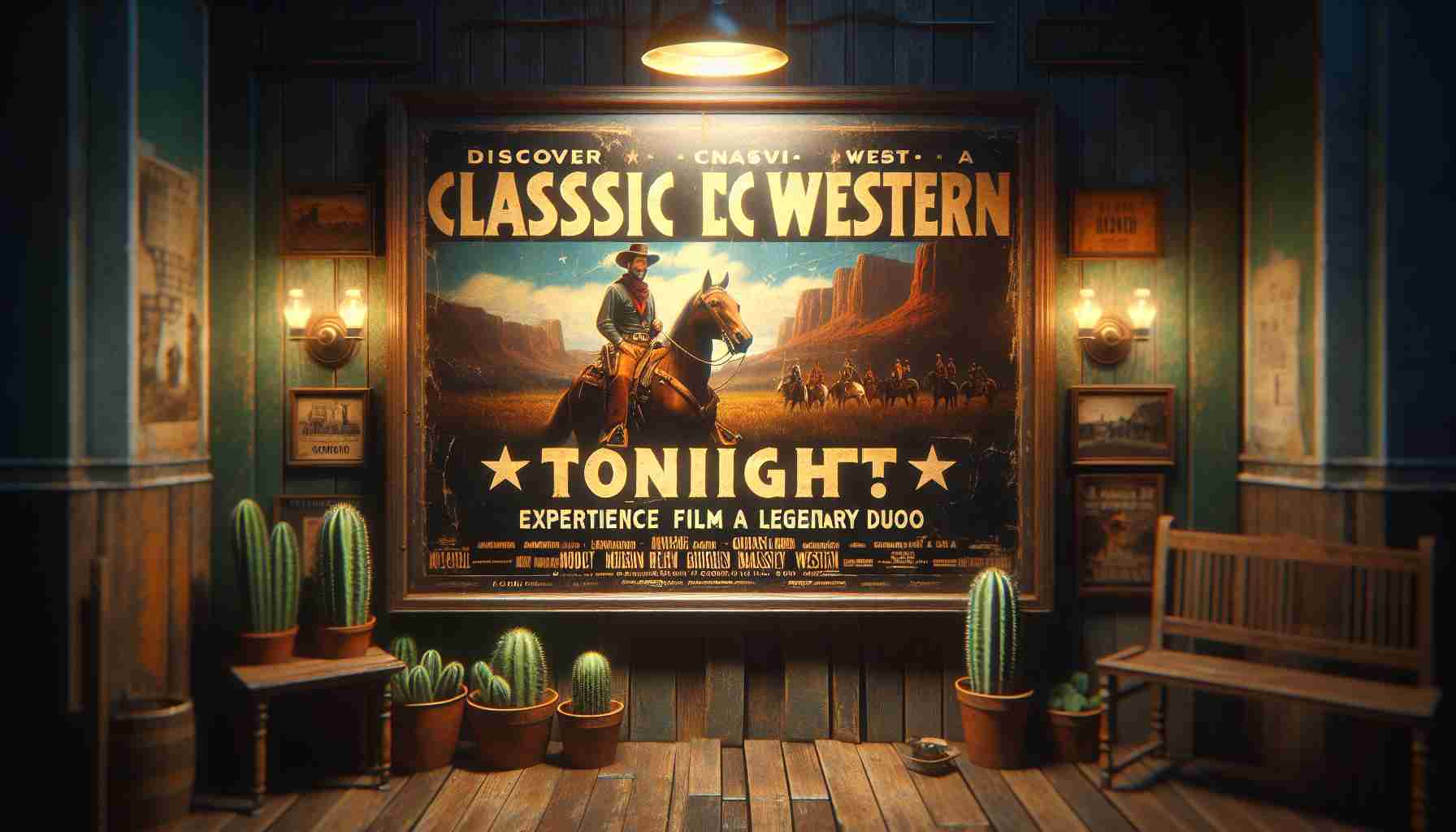Get ready for a cinematic treat with tonight’s recommendation from AlloCiné. The spotlight shines on the iconic collaboration between the legendary John Wayne and renowned director Howard Hawks in the film Rio Lobo, set to air this evening.
Originally released in 1971, Rio Lobo represents the final cinematic partnership of Hawks, who passed away in 1977. Set during the tumultuous era of the Civil War, the story follows Captain Pierre Cordona, portrayed by Jorge Rivero, as he leads a daring gold train ambush overseen by Colonel Cord McNally, played by Wayne. The action takes a personal turn when a young officer, whom McNally views as a son, is killed in the conflict, prompting a vow of vengeance from the colonel. After Cordona is captured but remains loyal to his informants, he ultimately decides to aid in his escape post-incarceration.
While Rio Lobo is often seen as the least appreciated of Hawks’ western trilogy, alongside Rio Bravo and El Dorado, it still captures the classic elements of the genre — a heroic protagonist, a relentless sheriff, and a tale of retribution. The film has garnered respect, with many viewers lauding its colorful cinematography and entertaining plot, affirming that despite its lower ratings, Rio Lobo is a worthy homage to Hawks’ illustrious career.
Tune in to Arte at 9 PM to immerse yourself in this legendary western saga!
Uncover the Legacy of Rio Lobo: A Hidden Gem in Western Cinema
The film Rio Lobo, directed by the esteemed Howard Hawks and starring iconic actor John Wayne, is celebrated as a crucial piece of Western film history despite being overshadowed by its predecessors. Here, we explore the key aspects of Rio Lobo that attract audiences and highlight why it remains a film worthy of your attention.
Overview and Plot Synopsis
Rio Lobo, released in 1971, marks Hawks’ final collaboration with Wayne. The film is set against the backdrop of the American Civil War and follows Colonel Cord McNally, played by Wayne, as he seeks vengeance for the death of a close young officer. The narrative intertwines themes of loyalty, honor, and justice, as McNally and Captain Pierre Cordona, portrayed by Jorge Rivero, navigate personal and external conflicts to bring the perpetrators to justice.
Key Features of Rio Lobo
– Cinematography: The film is noted for its vibrant cinematography, which captures the essence of the Old West, enhancing the storytelling and allowing viewers to feel fully immersed in its world.
– Character Dynamics: The relationships between characters explore themes of mentorship and sacrifice, particularly between McNally and Cordona.
– Action and Pacing: Rio Lobo features well-crafted action sequences that balance gunfights with strategic planning, appealing to fans of both action and drama.
Pros and Cons
Pros:
– Strong performances, particularly by Wayne and Rivero.
– Engaging storyline with twists and turns typical of Westerns.
– Rich visual style representative of Hawks’ filmmaking prowess.
Cons:
– Sometimes criticized for pacing issues compared to its predecessors, Rio Bravo and El Dorado.
– Its reception was lukewarm compared to other films in the genre, which may lead new viewers to overlook it.
Comparisons
When compared to Hawks’ earlier works, Rio Lobo stands as a more mature reflection on loyalty and conflict. It shares thematic similarities with Rio Bravo and El Dorado, yet portrays a more somber tone shaped by the realities of war, demonstrating Hawks’ versatility as a director.
Viewing Recommendations
Rio Lobo is an excellent choice for fans of classic Westerns, as well as those interested in the dynamics of mentorship and personal revenge narratives. It’s particularly appealing for viewers who appreciate the works of Howard Hawks and John Wayne.
Cultural and Historical Significance
Understanding Rio Lobo in the context of its time reveals much about the evolution of the Western genre. It reflects a critical moment in American cinema—where traditional narratives pivoted towards more complex character portrayals and thematic depth.
Insights and Trends
The film industry is witnessing a resurgence in interest in classic Westerns, with modern filmmakers often drawing inspiration from the foundational work of pioneers like Hawks. By revisiting films like Rio Lobo, new audiences can appreciate the craftsmanship that shaped the genre.
For more information on classic films and cinematic discussions, visit AlloCiné.
By delving into Rio Lobo, viewers can uncover a milestone in cinematic history that exemplifies the enduring appeal of Westerns, even among its lesser-known entries.
